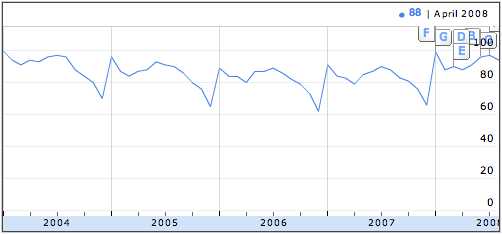I wonder if this idea has also been explored and discussed. I don't know how to search for it. So, I simply state it and see if somebody reacts.
Everybody agrees that economy is healthy if people spend money by purchasing produced goods. Everybody knows also that when you buy goods you pay one tax: TVA.
So, the reasoning is simple. One of the reasons why I cannot spend money for purchasing goods is because I owe income taxes to the state, which in turn already takes money from me through TVA.
So I propose that you pay income taxes only on earned money that you don't spend in goods and for which you already have paid TVA. This measure would push people in spending more their earned money because they can deduce this money (not the TVA, but the whole amount) from incomes taxation.
You would pay instead taxes for earnings from financial speculations and interests.
My question is: is it feasible? Are there any problem with this proposal?
I really hope somebody react to this post.
Everybody agrees that economy is healthy if people spend money by purchasing produced goods. Everybody knows also that when you buy goods you pay one tax: TVA.
So, the reasoning is simple. One of the reasons why I cannot spend money for purchasing goods is because I owe income taxes to the state, which in turn already takes money from me through TVA.
So I propose that you pay income taxes only on earned money that you don't spend in goods and for which you already have paid TVA. This measure would push people in spending more their earned money because they can deduce this money (not the TVA, but the whole amount) from incomes taxation.
You would pay instead taxes for earnings from financial speculations and interests.
My question is: is it feasible? Are there any problem with this proposal?
I really hope somebody react to this post.












